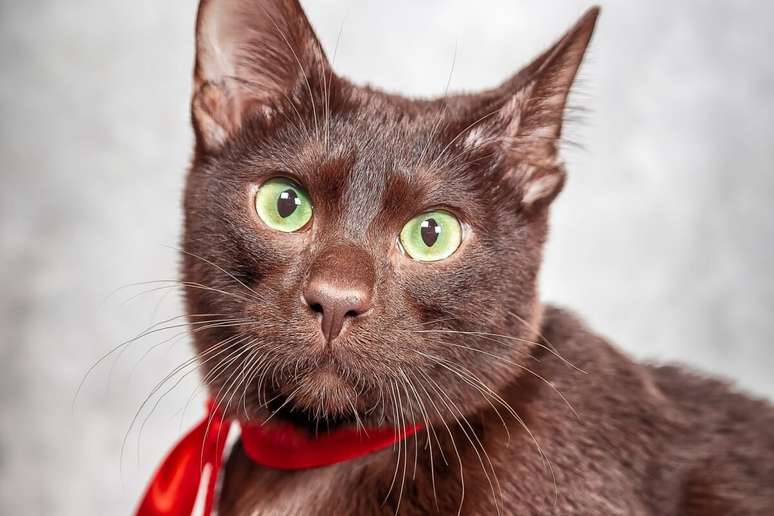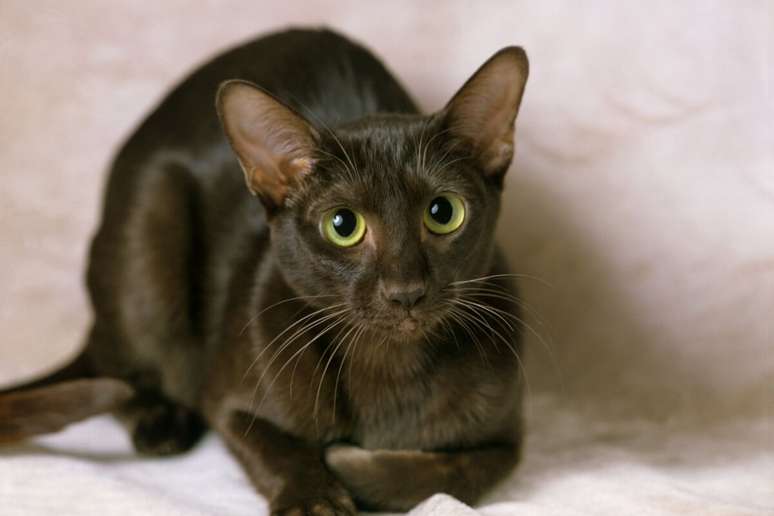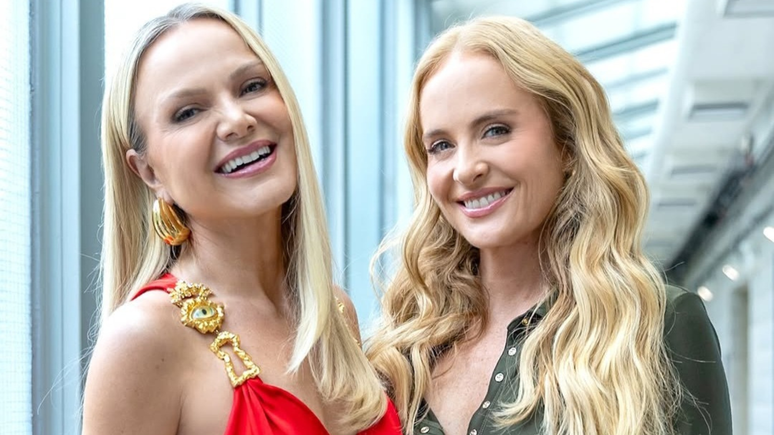With its exotic appearance and captivating personality, this feline stands out as a great companion.
The Havana is a cat that attracts attention with its striking color and elegant appearance. This breed emerged in the 1950s in England, the result of crossing Siamese cats with solid-coated ones. Its name, which refers to the Cuban cigar, reflects the tone of its coat, usually in shades of chocolate or lilac.
Below, discover other interesting characteristics of the Havana cat!
1. Physical appearance
Of medium size, the Havana has a well-balanced body, with firm but not heavy muscles. Its legs are long and thin, with legs oval and compact, while the tail is thin and tapered. The head has a slightly longer shape, with a well-defined muzzle and a slight indentation, characteristics that differentiate it.
The eyes, large and oval, are a deep green that matches the chocolate or lilac color of their short, soft fur, which has a natural, silky shine, in accordance with the standards of the International Cat Association (TICA).
2. Temperament and personality
According to TICA, the Havana is an animal with a gentle and pleasant temperament. He is known to be affectionate and established strong bonds with your tutor, as well as loving attention and getting along well with children and other animals.
Although he has a calm demeanor, he is also curious and playful and enjoys interactive toys and fun times with his family. Despite his friendly nature, he can be a bit reserved with strangers.

3. Health care and nutrition
In terms of health, the Havana is a relatively healthy breed. However, he needs a balanced diet, rich in high-quality protein, to keep his muscles well developed and his coat shiny. To do this, we recommend that you consult a veterinarian to determine the most appropriate diet for each stage of your cat’s life.
4. Education and socialization
Despite being an easy cat to socialize, it is important that the Havana has a stimulating and safe environment right from the start. cub. He responds well to positive training and constant interaction with his tutor contributes to his emotional development.
Additionally, it is recommended to offer toys and interactive activities that test their intelligence, helping to keep them entertained and mentally active. Socializing with other people and even animals from an early age can help reduce initial shyness around strangers and ensure that your dog adapts well to family surroundings.
Source: Terra
Ben Stock is a lifestyle journalist and author at Gossipify. He writes about topics such as health, wellness, travel, food and home decor. He provides practical advice and inspiration to improve well-being, keeps readers up to date with latest lifestyle news and trends, known for his engaging writing style, in-depth analysis and unique perspectives.









